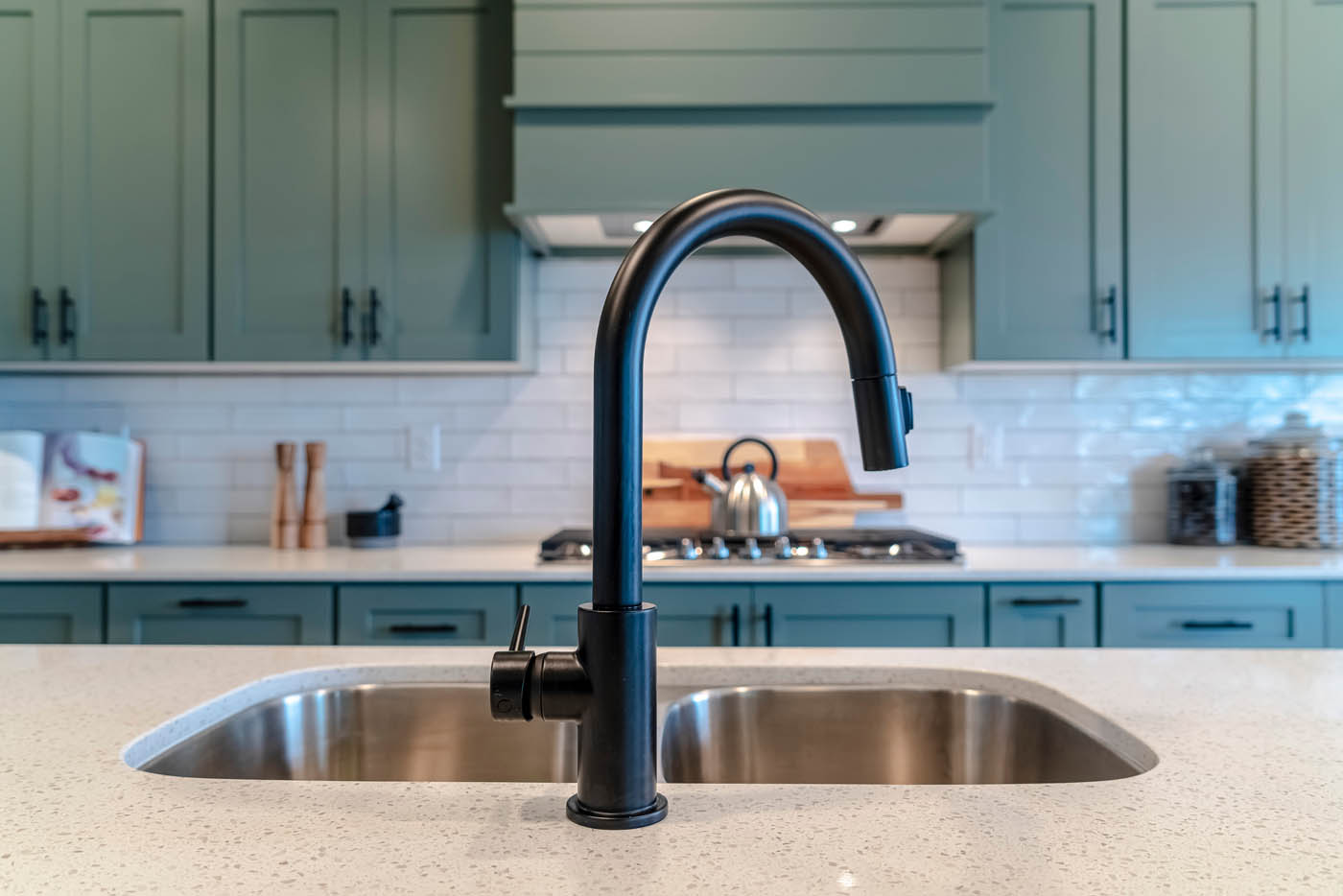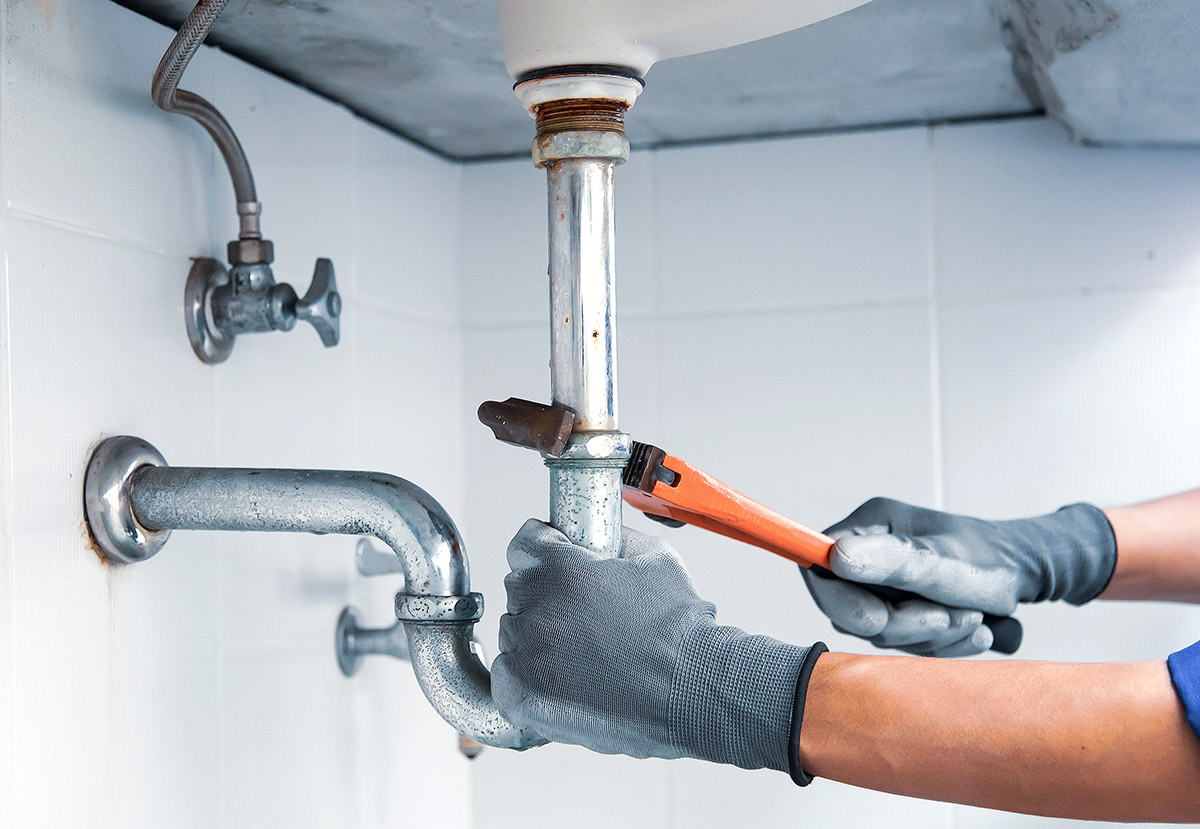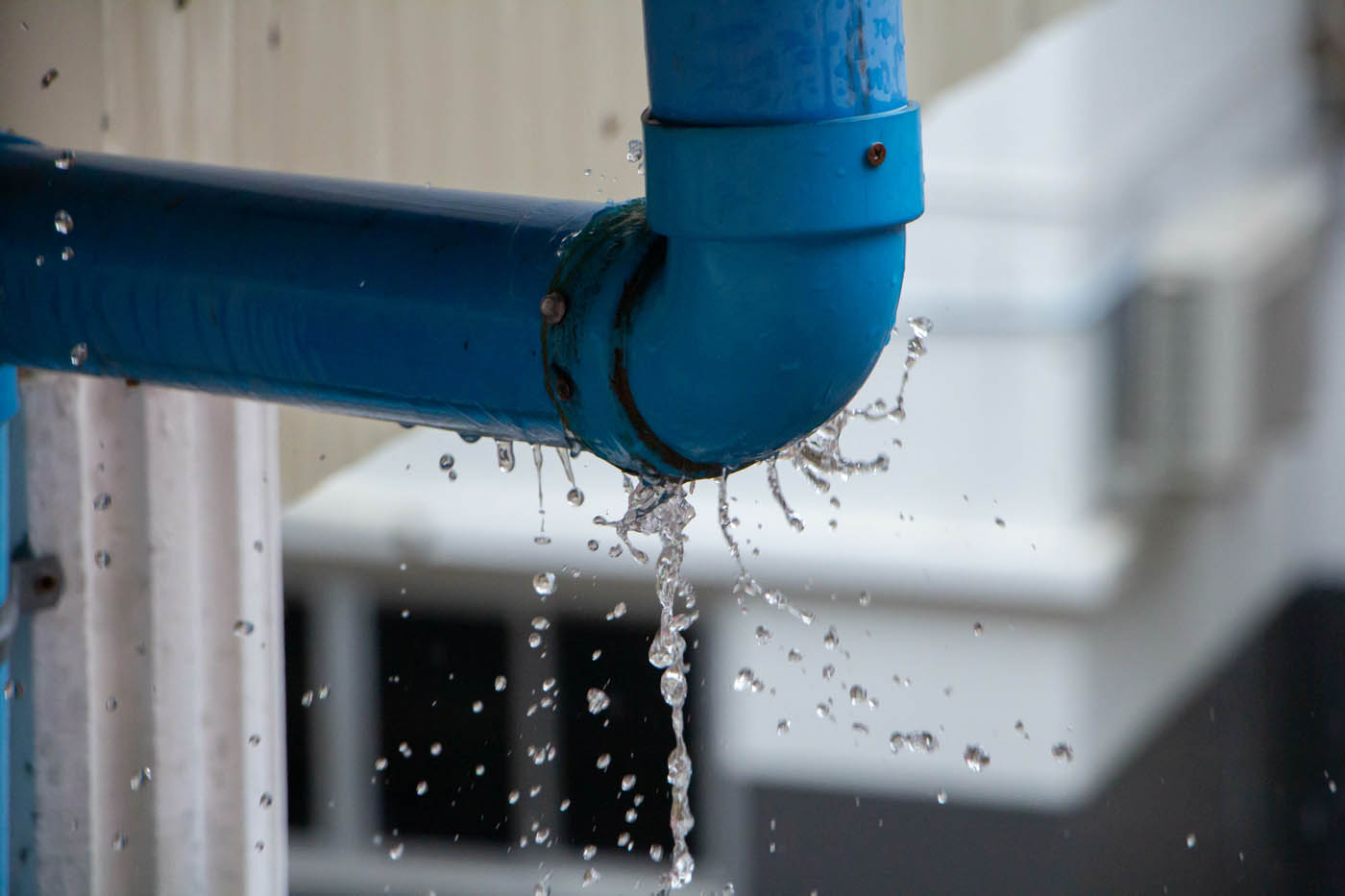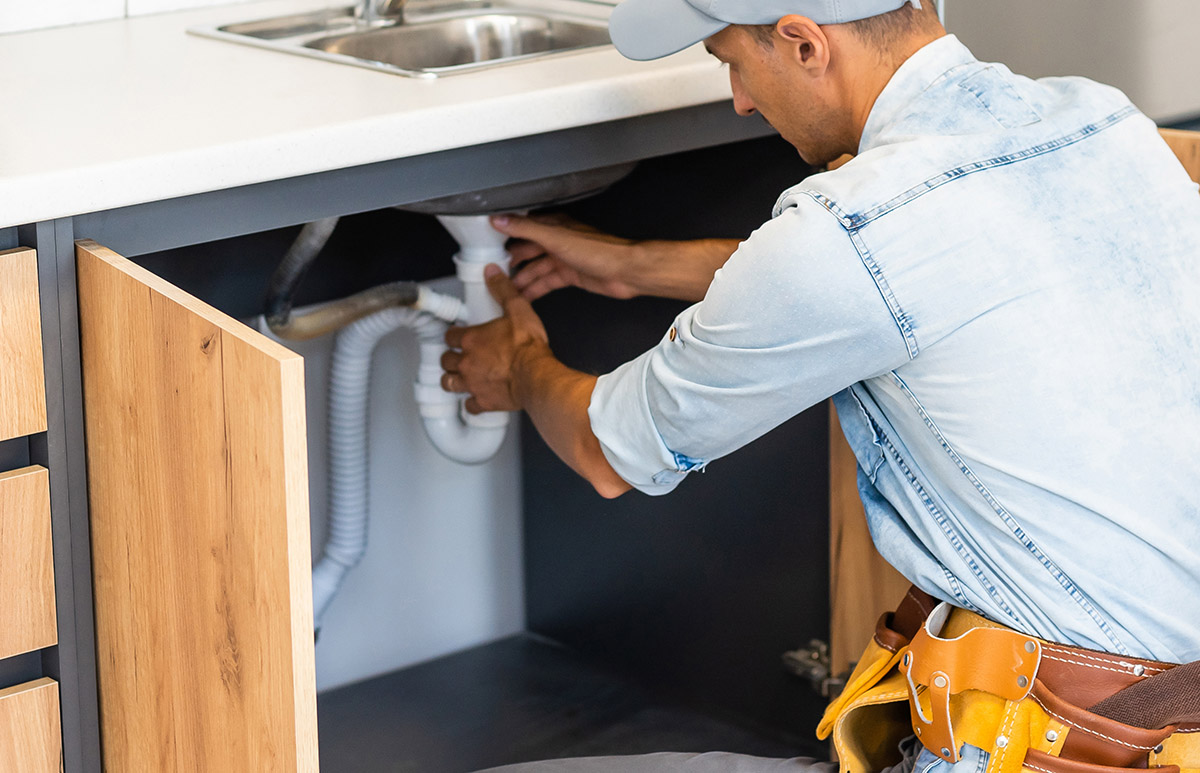Fast, reliable, same-day plumbing service at WyattWorks Plumbing, we believe it shouldn't be difficult to find a reliable plumber. That’s why our dedicated service team is available around the clock to solve your most urgent plumbing problems. So whether your water heater goes out in the middle of the night or you have a clogged toilet on Thanksgiving, we’ll be there.
4 Ways to Prevent the Most Common Home Plumbing Problems
When you’re a homeowner, the one thing you hope you don’t get is a plumbing emergency. Not only can these problems get expensive, but they’re also a major disruption to your life if you suddenly can’t use the toilets anymore, or take a shower. But we have some ways to help prevent these issues from becoming full-blown emergencies.
Stopping Leaking Fixtures
It may not qualify as an emergency to many people, but this isn’t something you want to ignore. The repetitive dripping sound will drive most people crazy, and the water that’s wasted still ends up on your monthly bill.
While preventing leaky fixtures is difficult, since there are very few warning signs in advance that this will happen, fixing them after the fact is simple.

Most of the time it’s either an O-ring or a washer that’s worn out in the tap. So buying the replacement part, which is cheap, and taking a few minutes with a wrench is usually all you need to sort this problem out.
Blocked Drains
A partial drain is what you should be keeping an eye out for. This happens when something, normally hair if a bathroom sink, or food, if a kitchen sink, gets caught in the drainage pipe instead of washing away.
As time passes, mass accumulates around this, and a partial blockage will eventually result in a “slow drain,” where water empties out of the sink more slowly.

That’s your warning that a completely blocked drain is on the way. At this stage, a plunger or drain cleaner might do the trick. Or, if you want a more pressing issue, you can willfully ignore this and wait for it to get worse.
Toilet Overflow
Flushing a toilet and having the waste flood up, spill over the toilet and onto the floor is both unpleasant and a health risk.
Fortunately, this emergency can be easily avoided if you do just one thing; stick to your toilet’s intended design. Toilets should only ever be used to get rid of human waste and toilet paper. Toilet paper is, by design, a fragile substance that breaks up on contact with water.

Anything else, like cigarettes, tampons, dish rags, toys and even paper towels, will not disintegrate in water, and may eventually pile up, causing a block. Your toilet is not a garbage can, and people who treat it as such are creating their own toilet blockage in the future.
Bursting Pipes
When a pipe breaks, and leaks, it means something fairly extreme has happened. Water pipes may do this if they are unprotected against temperature changes. If winter hits and temperatures drop below the freezing point, vulnerable pipes may have the water inside them freeze..
As that water turns to ice, it expands, rupturing the pipe that it’s in. The best way to prevent this is to insulate those parts of a pipe that have a greater risk of freezing. Another thing to do is consider upgrading your drainage pipes.

If you live in an old home that still has original cast iron drainage pipes, they could be anywhere from 75-100 years old! Metal fatigue at that age may simply make the pipes break, so replace them with modern PVC!
Life at home should be a time of relaxation and calm. Reliable plumbing is a huge part of that. Ensure you have it by following these preventive measures and contacting WyattWorks with any of your questions or concerns.
Hear From Our Customers in the Ohio & North Carolina area
